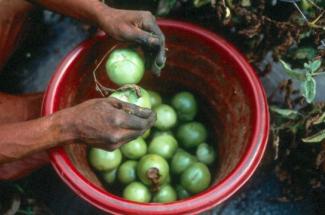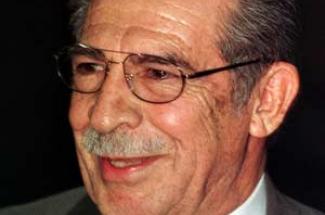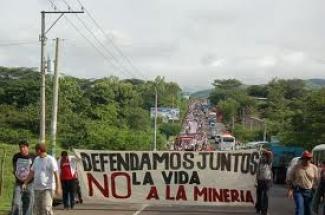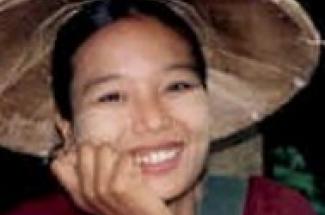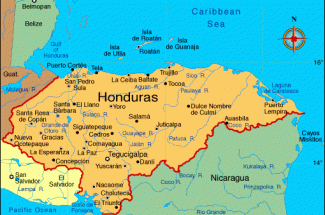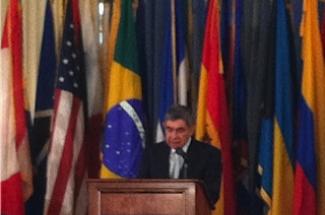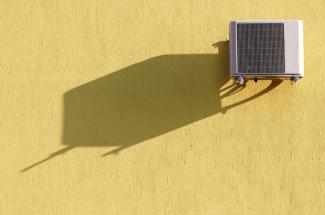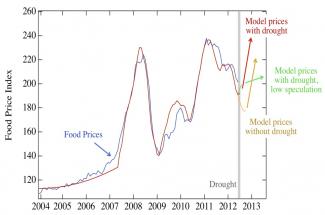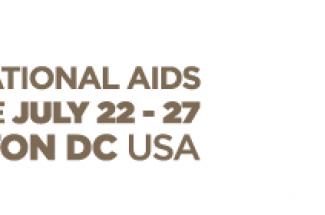Trading in justice: The local impact of global economic decisions
Maryknoll leadership approved the following statement on trade and investment in March 2002; it remains relevant today.
Guatemala: Ríos Montt faces trial for abuses
After nearly 30 years, Efrain Ríos Montt finally will face trial for genocide and crimes against humanity. Ríos Montt was Guatemala's president for 17 months during 1982 to 1983, when at least 1,771 people were killed, 1,445 raped and nearly 30,000 displaced, the bloodiest period of the country's brutal 36-year civil war. The following article was published in the March-April 2012 NewsNotes.
El Salvador: Partial victory but costs continue
The following piece, published in the July-August 2012 NewsNotes, is an update from an article by Sarah Anderson with the Institute for Policy Studies, published in the March-April 2012 NewsNotes.
Peru: Mine protestors beaten; two killed
The following article was published in the July-August 2012 NewsNotes.
Women: G8, NATO leaders affirm equal rights
During their meetings in May at Camp David and in Chicago, the Group of Eight and NATO leaders highlighted women’s rights on their discussion agenda. The following article was published in the July-August 2012 NewsNotes.
Catholic peacebuilding
The following article, published in the July-August 2012 NewsNotes, is contributed by Marie Dennis, former director of the Maryknoll Office for Global Concerns (MOGC). Since 2007, she has served as co-president of Pax Christi International.
Honduras: U.S. begins to shift stance
The following article was published in the September-October 2012 NewsNotes.
Central America: The Esquipulas legacy
This August marked the 25th anniversary of the signing of the Esquipulas Accords that catalyzed the end to war in Central America. As they celebrate this historic event, Central American countries look to that legacy to find solutions to current issues of security, development and stability in the region. This article is from the September-October 2012 issue of NewsNotes.
Is air conditioning inhibiting human adaptation?
The following article was published in the September-October 2012 NewsNotes.
Report: Speculation contributes to high prices
The following article was published in the September-October 2012 NewsNotes.
HIV and AIDS: Turning the tide
The XIX International AIDS conference concluded on July 27 and revealed ways in which tides are turning in the fight against the global pandemic. Maryknollers from Peru, Guatemala, Namibia and Washington, D.C. attended many of the activities surrounding this year’s conference. The following article, published in the September-October 2012 NewsNotes, is based on reports written by Sr. Veronica Schweyen, MM and Fr. Joseph Fedora, MM.
Arms Trade Treaty: Delay in negotiations
Between July 2 and 27, the world’s nation-states met at the UN headquarters in New York to negotiate an Arms Trade Treaty (ATT) to regulate the multibillion dollar international trade in conventional arms. Throughout the month most parties supported a new treaty to cover all conventional arms including ammunition, but in the final hours of negotiations, consensus was procedurally blocked by countries that asked for more time - including the U.S., Russia, North Korea, Cuba and Venezuela. The following article was published in the September-October 2012 NewsNotes.

